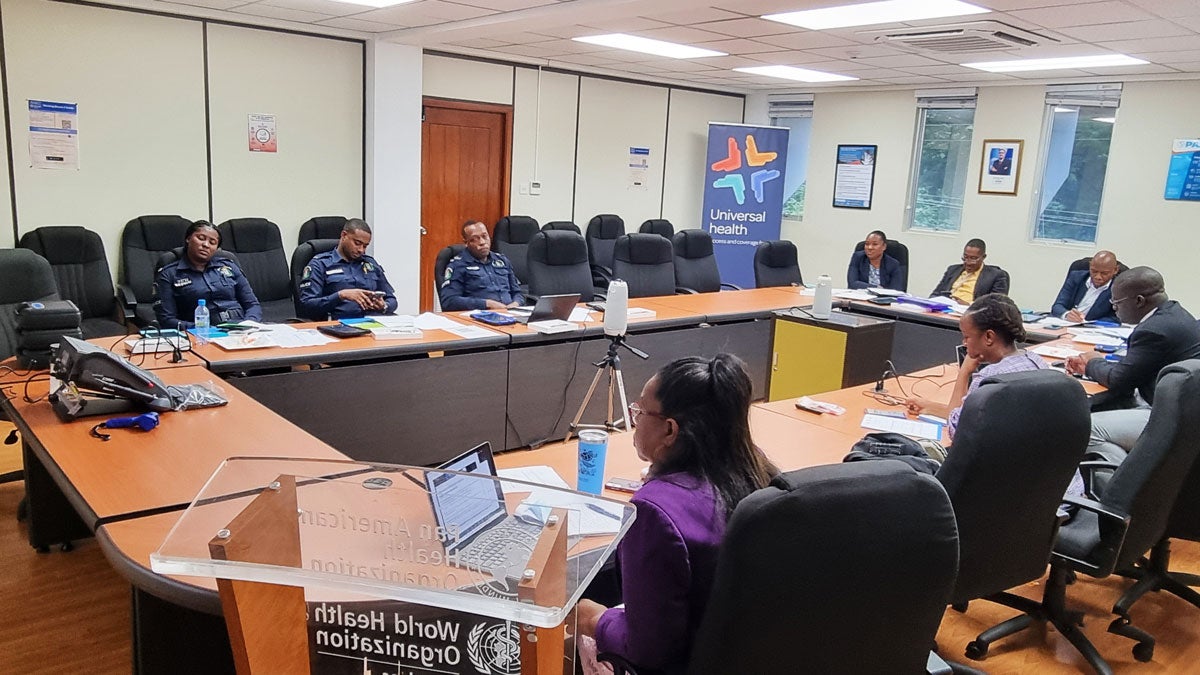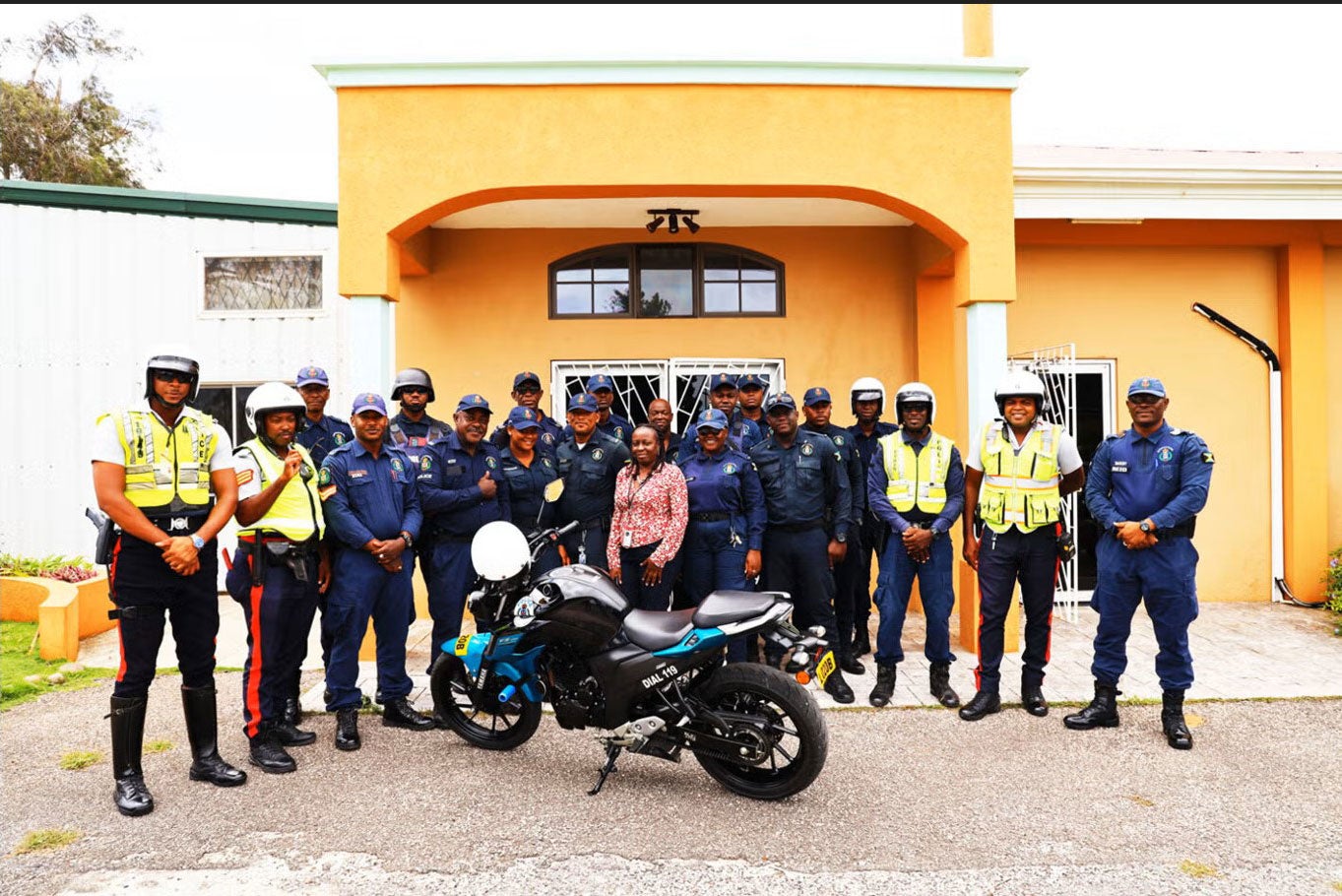Road traffic crashes are a significant concern in Jamaica, ranking as the 11th leading cause of premature death. The crisis is driven by social determinants such as excessive speeding and drink-driving, resulting in a high number of injuries and fatalities that pose a major public health problem.
To address this pressing issue, PAHO, in partnership with the National Road Safety Council, is spearheading the implementation of the UNRSF Safe System Approach for Safer Roads in Jamaica project. This initiative focuses on road safety management, behavior improvement, and post-crash care outcomes.
The project's goals include the development of a national road safety plan endorsed by all sectors, enhanced coordination mechanisms, provision of equipment, and training for law enforcement. Additionally, efforts will focus on strengthening emergency care systems in alignment with the tenets of The Safe System Approach, an evidence-based strategy championed by the Global Plan for the Decade of Action for Road Safety 2021-2030, which prioritizes people and safety.
PAHO facilitates Emergency and Critical Care System assessment
In support of the “Safe Systems Approach for Safer Roads in Jamaica” the Pan American Health Organization (PAHO) and World Health Organization (WHO) facilitated an Emergency and Critical Care System Assessment, utilizing a WHO tool, in November 2023. The initiative is a great starting point to identify gaps and needs to support countries in developing a roadmap with content-specific targeted solutions that will allow them to identify the necessary changes to strengthen emergency care in a comprehensive manner. The assessment involved a survey, a two-day consensus meeting, and consultations with key stakeholders. During the workshop, Dr. the Hon. Christopher Tufton, Minister of Health and Wellness emphasized the importance of behavioral change, public education, adherence to procedures, and compliance with road traffic laws to alleviate the strain on healthcare workers and the system caused by road-related fatalities.
The Pan American Health Organization (PAHO) is pleased to collaborate with the National Road Safety Council (NRSC) in the implementation of the United Nations Road Safety Fund. This partnership supports the rollout of the Observational Behavioral Studies for Road Safety.
Capacity-building sessions were conducted with the Research Unit from the Planning, Research, and Development Branch of the Jamaica Constabulary Force on November 26, 2024, with support from PAHO/WHO and the Johns Hopkins International Injury Research Unit. Members of the Public Safety and Traffic Enforcement Branch (PSTEB) were also in attendance. During this time, ten Android devices were handed over to the Research Unit to support their work in conducting observational studies.
Behavioral observation studies in road safety research collect data on road users who are unaware of their participation in the study. This approach allows for the observation of situational factors contributing to unsafe traffic events.
In a significant step to acquire immediate information for action, Jamaica introduced a web-based accident analysis system, iMAAP. The Pan American Health Organization/World Health Organization (PAHO/WHO), with the support of the United Nations Road Safety Fund (UNRSF), collaborated with the National Road Safety Council to provide introductory training to traffic officers. The training was facilitated by the Road Safety Unit (RSU) of the Island Traffic Authority (ITA) and the Public Safety and Traffic Enforcement Branch (PSTEB) of the Jamaica Constabulary Force (JCF).
As part of this initiative, over 200 police officers were trained at four sites across Jamaica from August to September 2024. This training was one of the key activities of the Government of Jamaica’s programme to meet the 2030 goal of reducing road traffic deaths and injuries by at least 50%. iMAAP, a software system, was designed to accelerate the analysis of traffic data into recommendations and actions.









